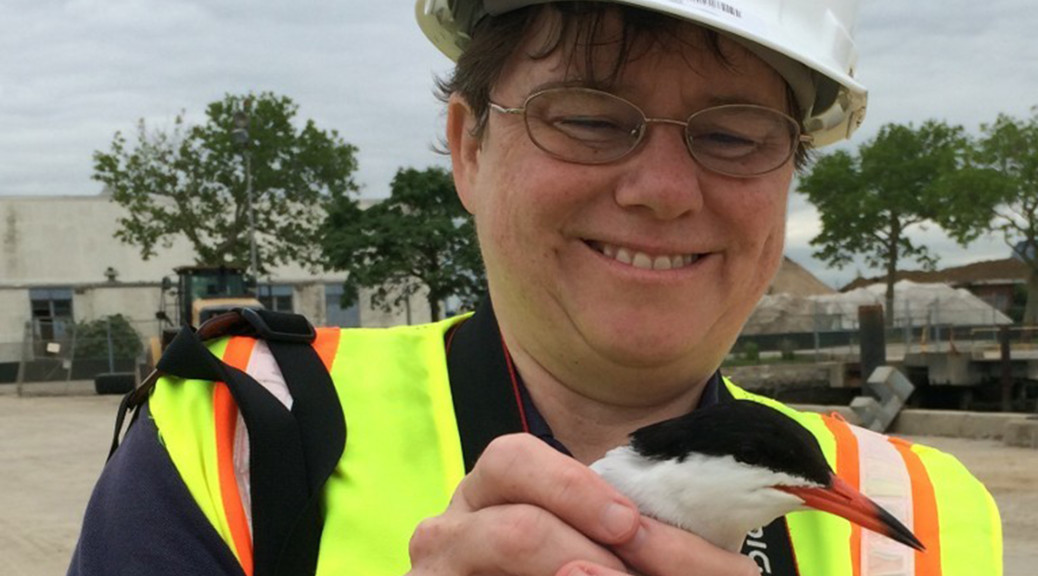ANNIE BARRY
Institutional Review Board Administrator
I think the origin of the prize was actually with students themselves. They advocated for it. They knew of me because of my participation in GABLES [Gay, Bisexual, and Lesbian Employees and Supporters] activities, and therefore came to me to ask if a prize could get put in place for queer studies. Well, a very specific student came to me. He was a religion major and he was involved in the Jewish gay group. He was one of the few people, at that time, who knew I was actually a lesbian, when he first came to the department, so we just came together that way. He was still a college student, and they wanted somebody with more clout as an adult. He was an adult at the time too, but by that, I mean older people who have been around a long time but also know the university well. That’s why he came to me. It was a double reason that he knew I was lesbian. He also knew I was connected to GABLES and that I knew the university well, so could reach out to certain groups, including IRWAG, to get support for BGLAD [Bisexual, Gay, and Lesbian Awareness Days] and other activities. So I reached out to IRWAG. And Maggie Sale was here at that time. She was just like, “Yes. Let’s do it.” Yes. She and I worked to put it together.
So in 1994, we had the first Queer Studies Award. It was not really all that hard to put together. I did a lot of the footwork in terms of actually getting the award funded. I think IRWAG tossed in some money. The chaplain’s office may have given money for the award, but I’m maybe just confusing that with BGLAD. I know they sponsored a lot of events for BGLAD over the years, which was great. I actually donated some funding myself for the award. The award was only, like, a couple hundred dollars. It was never anything that would pay the rent. But it was a nice way to acknowledge that queer studies was going on at Columbia.
Even though I’m not active in those groups anymore, I really, really, really am proud of the fact that we worked so hard for so many years over so many issues, and that these groups, some of which still exist, worked so hard to make lesbian, gay, and transgender issues a part of the life at Columbia, as opposed to this satellite issue that nobody really cared about when I first came to Columbia. To see that transition and be part of the transition was really gratifying. Columbia has the oldest queer group in the world, I think [originally Student Homophile League, established in 1967]. Maybe just in the United States, but the oldest queer group. That group was always students. Obviously, it was only male students because Columbia was all male at the time. To see it move from this small, all-male group to women, to people of color, to Asians, to transgender people, to—even though I left the employee group—to employees, and to have faculty be more involved and everything. It was a time of an opening up of queer issues that I’m really glad I experienced. It’s really made my life now much more gratifying and worth—well, my life is worth it anyway, but—
Q: Worth staying at Columbia?
Yes. Worth staying at Columbia. Yes. Exactly.

